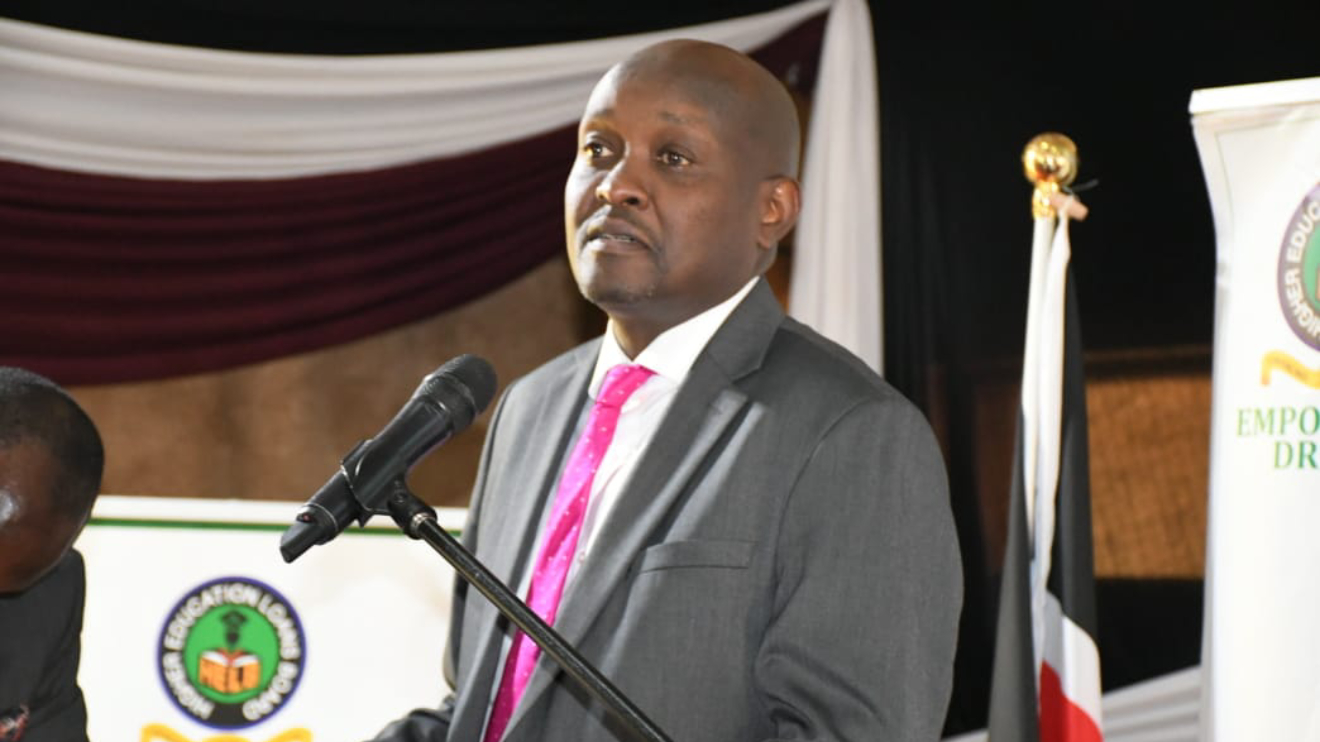The government will rely on data from State agencies to determine student eligibility for scholarships and loans, according to Universities Fund Chief Executive Geoffrey Monari.
This new approach aims to enhance the accuracy and transparency of the decision-making process for allocating funds to students pursuing higher education.
Monari unveiled that the allocation of funds to each student, alongside their respective categorization, will be guided by key factors such as tax data, health insurance payments, and retirement contributions. The goal is to ensure a more precise assessment of family incomes, which will help tailor financial assistance to students' specific needs.
"The decision-making process will heavily lean on information sourced from the Kenya Revenue Authority (KRA) and the National Health Insurance Fund (NHIF) to accurately assess family incomes," Monari stated.
He illustrated this approach, saying, "For example, if you are paying Sh1,700 for NHIF, it means you are at a certain income bracket, or if we go to KRA and look at your returns, it means you are at a certain income bracket."
Read More
To facilitate a comprehensive evaluation, student applications for scholarships and loans will require detailed information about their family backgrounds and income, among other pertinent factors.
Monari highlighted that this more holistic approach will contribute to well-informed decisions about financial support allocation.
Despite the anticipated benefits of this data-driven model, concerns have emerged from experts regarding its potential implications.
With the prevailing economic environment, there are apprehensions that education costs might escalate, making it unaffordable for numerous families to send their children to university.
In addition, experts have raised questions about the government's ability to accurately assess the vulnerability of applicants, particularly those employed in the informal sector.
Ephraim Njenga expressed his concerns, noting, "The new model of funding higher education is a backdoor way to end education subsidies just as I had foreseen. Now they will be classified as able, hence liable to pay full university fees of over Sh250,000 per year."
Njenga further commented on the potential challenges families might face, stating, "If you have two students in the university, you will struggle even with a good salary. Only the very rich wouldn't feel the pinch."
He cautioned against the possible adverse consequences of the changes.
Critics of the new funding system have also highlighted the government's haste in implementing these changes without adequate public participation.
They argue that this experimental approach lacks sufficient consideration for the potential long-term repercussions on education accessibility and affordability.












